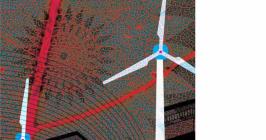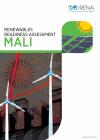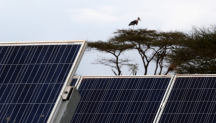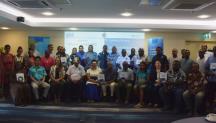

-
-
IRENA (2019), Renewables Readiness Assessment: Mali, International Renewable Energy Agency, Abu Dhabi
Copied
/-/media/Files/IRENA/Agency/Publication/2019/Sep/IRENA_RRA_Mali_2019_En.pdf?rev=57a8796bea6f4aa29ee016f7c4094ae9
Copied
Renewables Readiness Assessment: Mali
Newsletter
Le rapport est également disponible en Français.
Mali's National Renewable Energy Action Plan (PANER) has set ambitious goals for both conventional and off-grid systems. For a connected system, the installed capacity of renewables, including large hydropower plants, is expected to reach 1 416 megawatts (MW) by 2030, which is a nine-fold increase from 2010. For off-grid renewables, installed capacity is expected to increase from 20 MW in 2010 to more than 600 MW by 2030, a 30-fold increase over the period. Ambitious targets have also been set for ethanol and biodiesel.
The findings of the Renewable Energy Readiness Assessment (RRA) highlight major obstacles to the widespread deployment of renewable energy systems. They identify critical actions that could have a significant impact on increasing renewables in the short and medium term.
Among the recommendations:
- Diversify electricity supply through increased penetration of non-hydro renewables;
- Establish a more conducive framework for private investment in renewable energy;
- Adopt policies and regulations to support the growing mini-grids sector;
- Develop a clear national grid-arrival policy;
- Implement quality control standards for renewable energy equipment and installers;
- Improve technical capabilities for large-scale renewable energy deployment;
- Strengthen local capacity for the development, evaluation and financing of financially sustainable renewable energy projects;
- Establish effective energy data collection and management processes.




